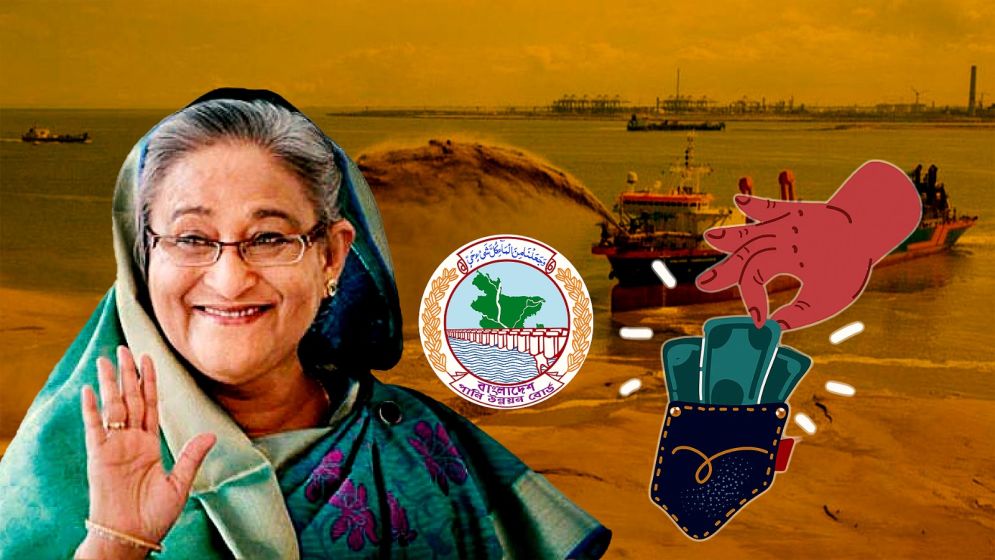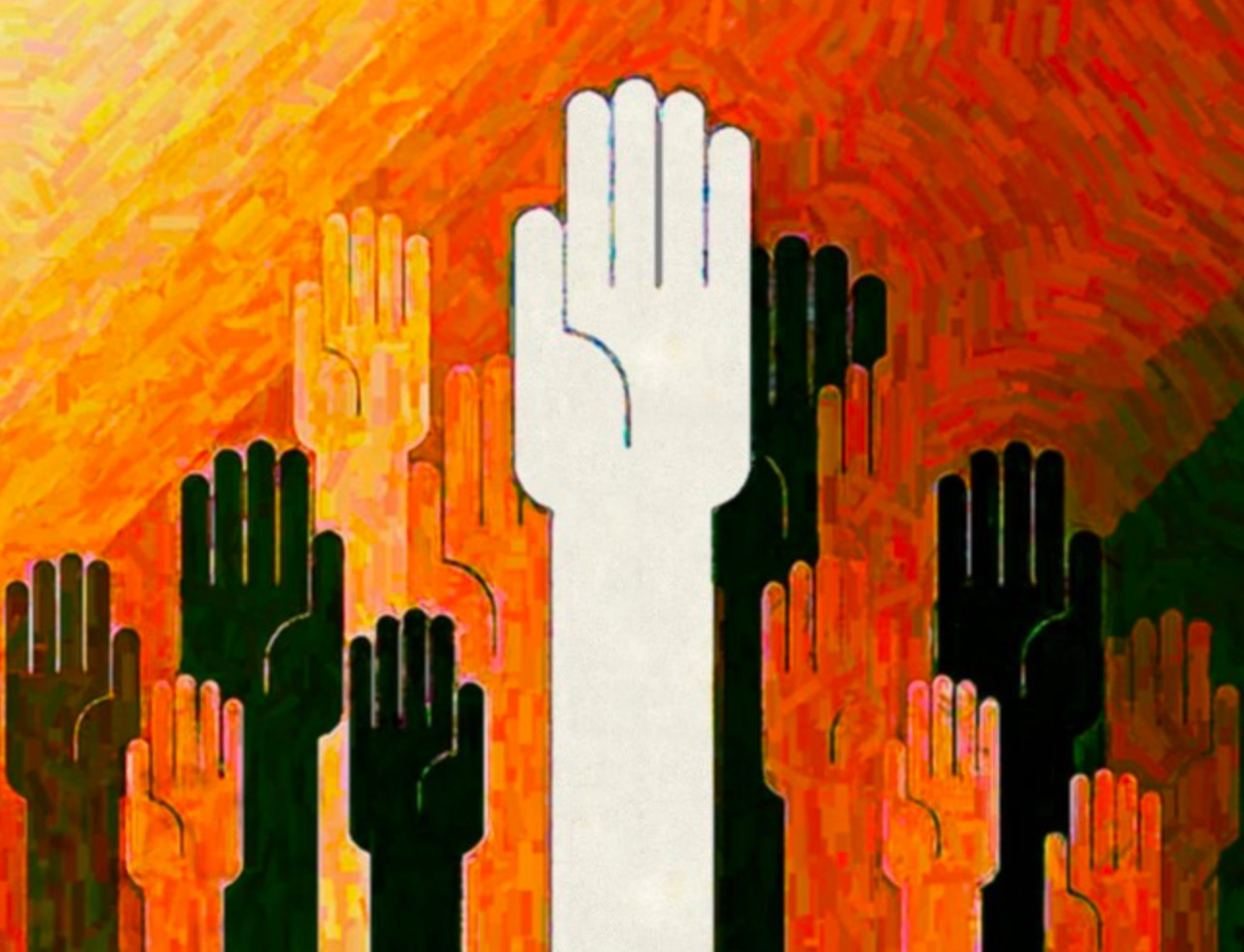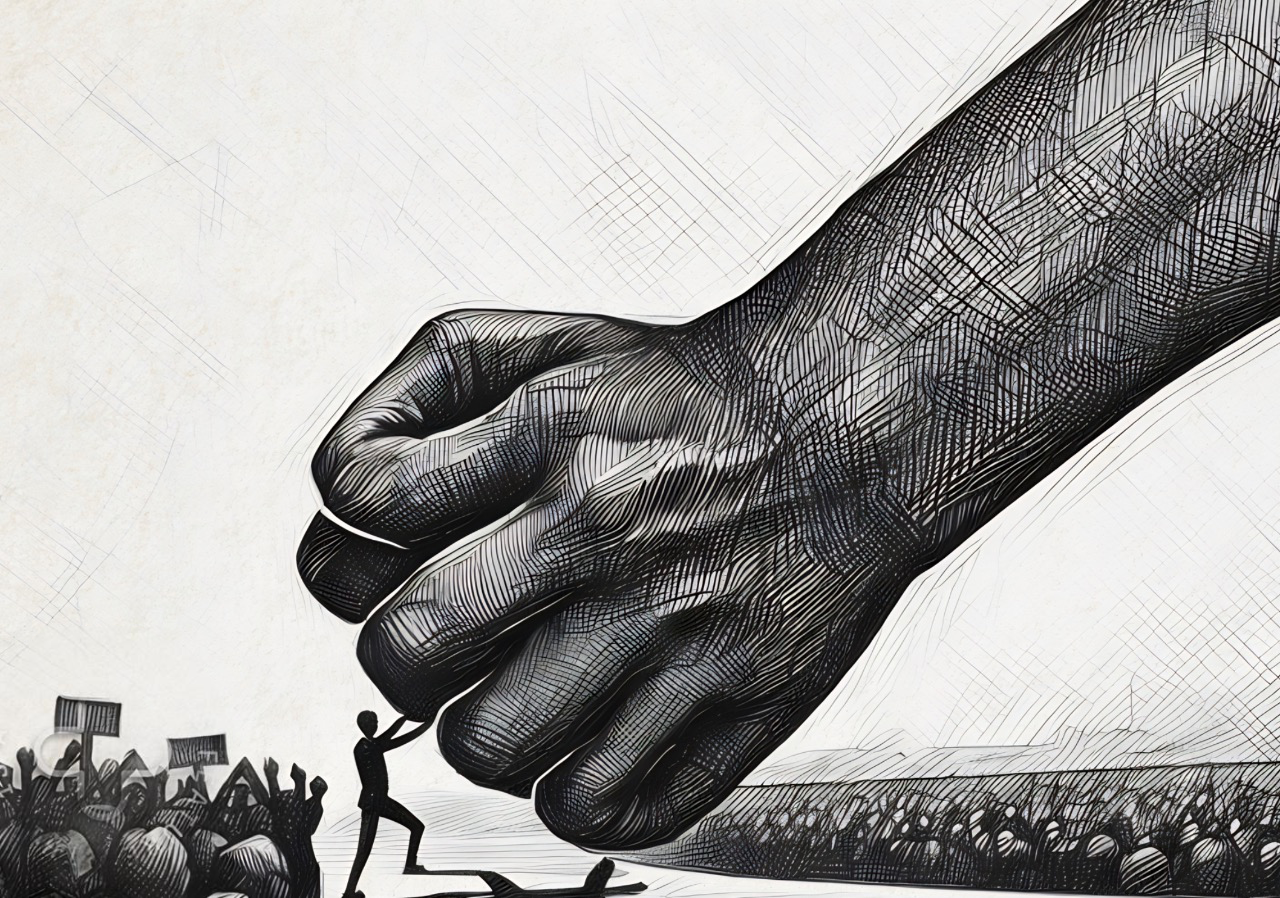How Sheikh Hasina endorsed the misuse of millions in the "unnecessary" river dredging project

Once I had the privilege of working alongside one of Bangladesh's foremost experts on river management. I don’t want to reveal his identity, so I am going to address him as Dr. X.
His intellect was extraordinary—a living database of information. While it might take the rest of us days to analyze and interpret data, Dr. X could deduce the solution in an instant just by glancing at a satellite image.
To have had the opportunity to collaborate with him was, quite frankly, a stroke of luck.
Years ago, the ousted Prime Minister of Bangladesh Sheikh Hasina initiated a groundbreaking project focused on the country’s rivers.
Dubbed "Capital Dredging," the project was a massive endeavor, accompanied by a high-level committee tasked with overseeing its implementation.
Before the official launch of the dredging project, two pilot projects were undertaken along the Jamuna River—one in Sirajganj, the other in Kurigram district.
Dr. X was entrusted with the critical responsibility of determining whether dredging would be effective in a specific region of the Jamuna in Sirajganj.
The outcomes of his findings would have far-reaching implications, shaping the future of this significant national initiative.
I was fortunate enough to be chosen to work with him on this project. I remember the first day he called me into his office and outlined the work ahead. Under his expert guidance, we meticulously gathered data, conducted research, and composed the report.
Given the significance of the task, every step was undertaken with utmost care and diligence. The results of our research were clear: dredging would not be effective in the proposed area of the Jamuna River.
This was a pivotal moment. We were dealing with the allocation of vast amounts of money—resources that could be wasted if the wrong decision was made.
The stakes were high. With caution, Dr. X and I prepared our findings and headed to the Ministry of Water Resources for an important meeting with the Minister, Secretary, and the Director General (DG) of the Bangladesh Water Development Board (BWDB).
The room was filled with influential figures, all eager to hear the results of our research.
Dr. X presented our report with precision and clarity. He used a PowerPoint presentation to explain, in no uncertain terms, why dredging would not work in the Sirajganj region of the Jamuna.
But when the meeting concluded, and the Minister of Water Resources departed, a stark shift occurred.
The Secretary of the Ministry, without skipping a beat, turned to us and issued a direct command: “Prepare a report that makes dredging seem effective, regardless of the facts. This is an order from above, and we need it submitted today, as it will be forwarded to the Prime Minister’s office tomorrow.”

A battle for the truth
In that moment, I saw the true weight of institutional pressure. Despite the clear evidence in front of us, the higher-ups were determined to shape the narrative to fit a predetermined outcome.
The DG of the BWDB was assigned to ensure that the new report was finalized, regardless of its truth.
We headed straight to the DG office. There, under immense pressure, we were forced to alter the report. Dr. X, with his characteristic calmness, tried to explain the situation again and again, but nothing changed.
Sir, sitting beside me with a somber expression, watched as I personally revised the report.
Every detail—from the calculations to the conclusions—was rewritten, and even the PowerPoint presentation was adjusted to reflect the new narrative.
With the modified report in hand, the DG departed for the Ministry of Water Resources, and we returned to our office, feeling defeated.
Both Dr. X and I were deeply upset. Sir remained silent in the car for a long while. Then, I broke the silence. I told him we couldn’t let this happen—crores of takas were at stake, and the entire operation was being misled, and that too with our complicity.
We could not accept it. I suggested that the Prime Minister might not be aware of what was unfolding and that we had to find a way to inform him.
Sir agreed that if we could find a way to reach the Planning Minister, perhaps we could do something. I don't recall exactly who Sir called that day, but fortune was on our side. The next evening, an appointment was arranged with the Planning Minister.
That evening, Dr. X met with the Planning Minister and managed to convince him of the truth: "Dredging will not be effective in that specific place of the Jamuna River."
But by then, the flawed report that "dredging will be effective" had already been sent to the Prime Minister’s office. What could be done?
The Minister advised Dr. X to prepare a new, accurate report and to bring 10 to 12 copies to the meeting with the Prime Minister. He assured Sir that the issue would remain quiet for now, as the previous report was already in circulation.
He would inform the Prime Minister when the time was right, and at the meeting, the new report could be presented directly to the Prime Minister, with his backing.
The following day, Dr. X called me to explain the plan. That evening, he informed our Executive Director that the new report would have to be prepared outside of office hours, as the work could not be done during the day.
I remember working late into the night, often until two or three in the morning, for three days in a row, to get the new report ready.
But just two days before the crucial meeting at the Prime Minister's office, disaster struck.
Dr. X, a heart patient, suddenly fell ill. He called me into his room and told me that he would not be able to attend the meeting. Sir, ever so confident in my abilities, said, “I believe you can do it. You’ll be able to convince the Prime Minister, and the Planning Minister will support you.”
He placed his trust in me, asking me to present the truth to the Prime Minister.
With determination, I assured Sir that I would do everything in my power to prevent the dredging from going forward as planned.
The responsibility now rested on my shoulders, but I was resolved to explain the truth clearly and make sure that the decision was based on facts, not political pressures.

Navigating bureaucracy
and standing up
Gaining access to the Prime Minister's office is no small feat. There are layers of permissions, protocols, and red tape to navigate.
Dr. X, understanding the gravity of the situation, requested the Ministry of Water Resources to replace his name with mine on the official list for the meeting.
The Ministry approved the request and forwarded my name to the Prime Minister’s office, where it was subsequently authorized.
With Dr. X’s guidance, I prepared thoroughly for the meeting.
On the day of the meeting at the Prime Minister’s Office, I received final permission from both Dr. X and the Executive Director before I set off for the office.
Upon arriving, I passed through three levels of stringent security checks before entering a hall room where I took my designated seat.
As a newcomer, I was briefed on the rules and protocols—when to speak, how to request permission to speak, and other necessary procedures.
When the Planning Minister entered the room, I greeted him and approached him to hand over the reports. He instructed me to give one copy of the report directly to the Prime Minister and to distribute the remaining copies to the other ministers sitting in the front row.
He told me to wait for further instructions.
Ministers and secretaries from various ministries filed into the room. The then Director General of the Water Development Board and the Chairman of the BIWTA were also present.
Soon after, the Prime Minister Hasina arrived, and journalists from several TV channels were on hand to capture footage. Once the Prime Minister had arrived and the cameras had left, the meeting began.
Hasina gave a few brief opening remarks before turning to the Planning Minister to introduce the topic of the day.
The Minister spoke for a while, then mentioned that there had been recent changes in the water experts' research, different from the earlier report.
Due to time constraints, the revised report had not been sent to the Prime Minister’s office in advance. The Minister asked if the Prime Minister would permit a water expert to present it.
With her approval, the Planning Minister gestured for me to present the report.

The cost of integrity
I took the reports in front of me and made my way toward the Prime Minister. Standing to her right, I greeted her and handed over a copy. She took it and began flipping through the pages, trying to absorb the contents.
The room fell into complete silence, as if the very air had frozen. After examining the report briefly, the Prime Minister placed it on her desk and invited me to sit down.
I asked, "Should I distribute the remaining copies to the other ministers?" She nodded in approval, and I proceeded to hand out the reports, returning to my seat.
At one point during the meeting, I was given permission to present my findings. I stood up and clearly explained why dredging would not be effective in that particular area.
My presentation was thorough, and everyone listened intently. A vigorous discussion ensued. However, I distinctly remember that, aside from the Agriculture Minister and the Planning Minister, no one else supported my position.
After much back-and-forth, the Prime Minister spoke decisively, saying, "Dredging will happen, and this is my final word. I don't want to hear anything more."
I was taken aback. Having known the Prime Minister Hasina as a dedicated patriot and a person of integrity, this statement shattered my long-held belief.
How could the Prime Minister, the leader of a country struggling with poverty, be indifferent to the waste of thousands of crores of takas? What had just transpired?
I sat in stunned silence, my mind full of questions and disappointments, but I refrained from saying anything further.
Once the meeting concluded and the Prime Minister left the room, the other attendees filtered out. As I was preparing to leave, the Secretary of the Ministry of Water Resources asked me to wait outside. He wanted to speak with me.
I waited for him outside, and when he arrived, he asked me to get into his car. I complied and sat beside him as we left the Prime Minister's office.
And that’s when the verbal assault began. There were no words too harsh, no insults spared. The Secretary unleashed a torrent of foul language, questioning why I hadn’t informed him about the changes to the report.
I replied honestly, "The truth needed to reach the Prime Minister, so I changed the report."
Enraged, the Secretary instructed the driver to stop the car. We were near Bijoy Sarani when the car came to a halt, and without warning, the Secretary shoved me out onto the road.
I was left in a foul mood, walking the streets aimlessly until I reached Farmgate. I took a CNG taxi back to the office, where I recounted the entire incident to Dr. X and the Executive Director. Both advised me to leave it behind and not speak of it again.
In the end, dredging went ahead in the Jamuna River, and as predicted, it brought no tangible benefits.
—
Ruknul Ferdous is a Netherlands-based water-management expert

